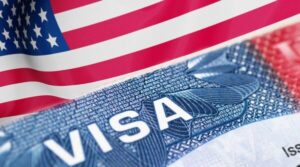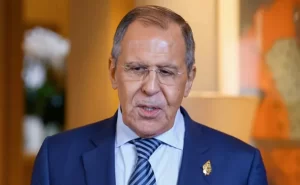The March 19-20 summit called the Japanese command is basically a continuation of the 2019 Modi-Abe Summit which was canceled in Guwahati due to the regulated CAA protest
Japan and India are expected to strengthen economic cooperation and provide an assessment of the crisis in Ukraine and Indo-Pacific during the visit of Prime Minister Fumio Kishida to India on Saturday. Japanese PM came on an official visit on March 19 afternoon and left the next day for Cambodia.
The visit of Kishida was a continuation of the physical summit which was canceled between Prime Minister Narendra Modi and then Japanese Prime Minister Shinzo Abe in Guwahati on December 15-17 due to protests regulated in the Act of the citizenship amendment. The initial date for Modi-Kishida meetings was sought by the Japanese side despite global turmoil due to Russian invasion to Ukraine.
While Modi is expected to exchange records with PM Kishida in the ongoing crisis with India calling for termination of violence, the main topic of discussion will become Indo-Pacific with Chinese threatening who gives military support to Taiwan, participate in air training along with the Russian Air Force In the Japanese sea and send warships to the Philippine territorial waters in the Sulu Sea.
Although Japan has increased conventional prevention after Chinese dispute at the Indo-Pacific, PM Kishida truly opposed Japan to obtain nuclear weapons or spill its pacifist doctrine because she represents Hiroshima City at the Japanese People’s Representative Council. Hiroshima bombed by the US using nuclear devices on August 6, 1945, in the last year of World War II. Japan, meanwhile, has increased defense cooperation with the Philippines and Australia.
During Delhi’s new visit, PM Kishida is expected to handle a business event even when the two close alies will discuss the possibility of expanding the bullet train project outside the Mumbai-Ahmedabad corridor. Both leaders will also exchange notes about building a strong supply chain between partner countries so that they are not affected by global political vehamal and dependence on the country of hostility.
Both leaders will also discuss the quad summit that will come in Tokyo after Australian elections in May 2022 with China regularly take potshots on grouping security by calling NATO Asia against Beijing and cold war instruments. This was dismissed as an analogy of lazy by the Minister of External Affairs S Jaishankar at the Munich security conference last month.
While Chinese military activities in the East Ladakh and around the Senkaku Islands Japan will be distributed at the Summit, the two leaders will also discuss the situation in the AF-sir with the Taliban controlling Kabul and called the Islamic state raising the head of the Shiite Muslim community in Pakistan.






